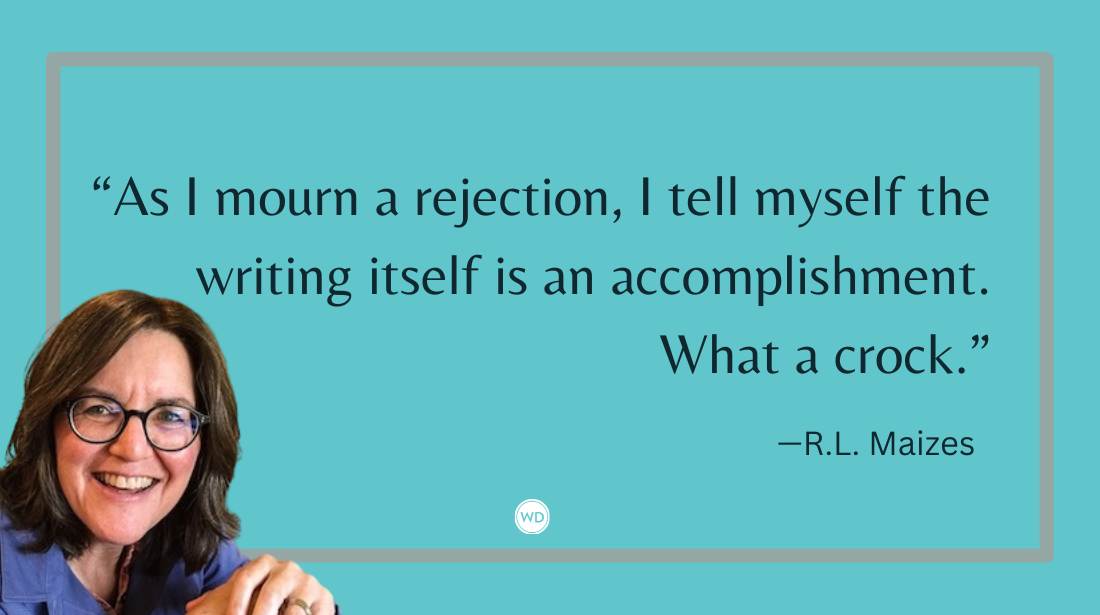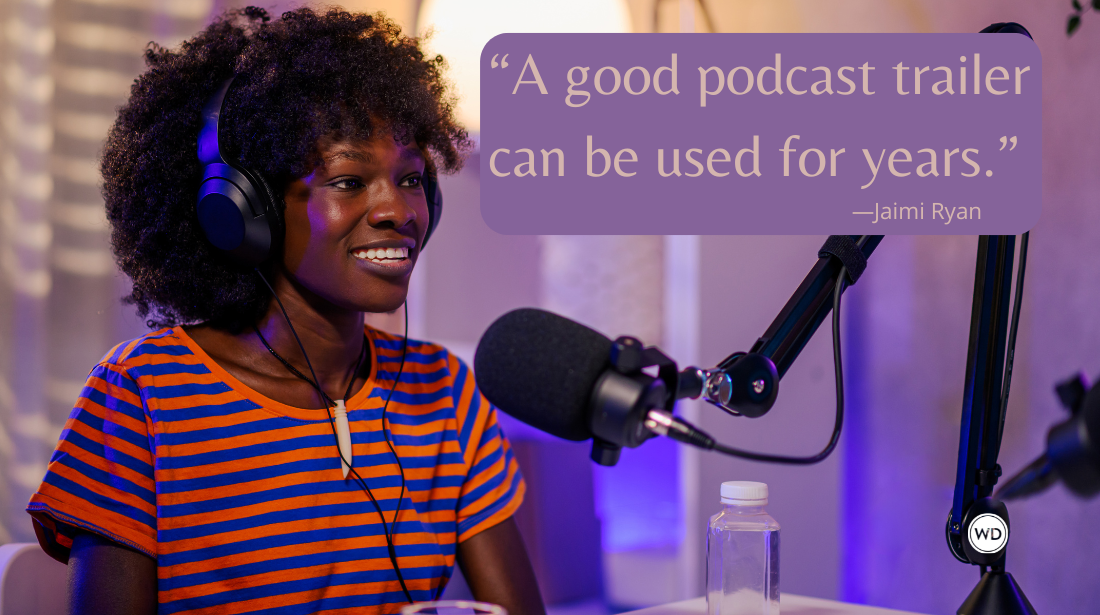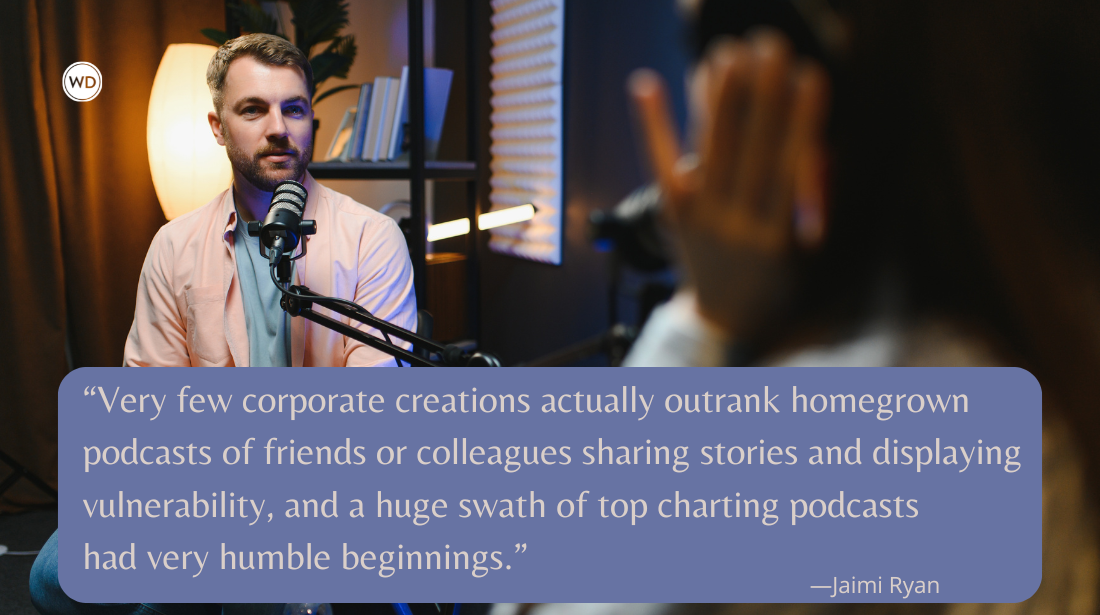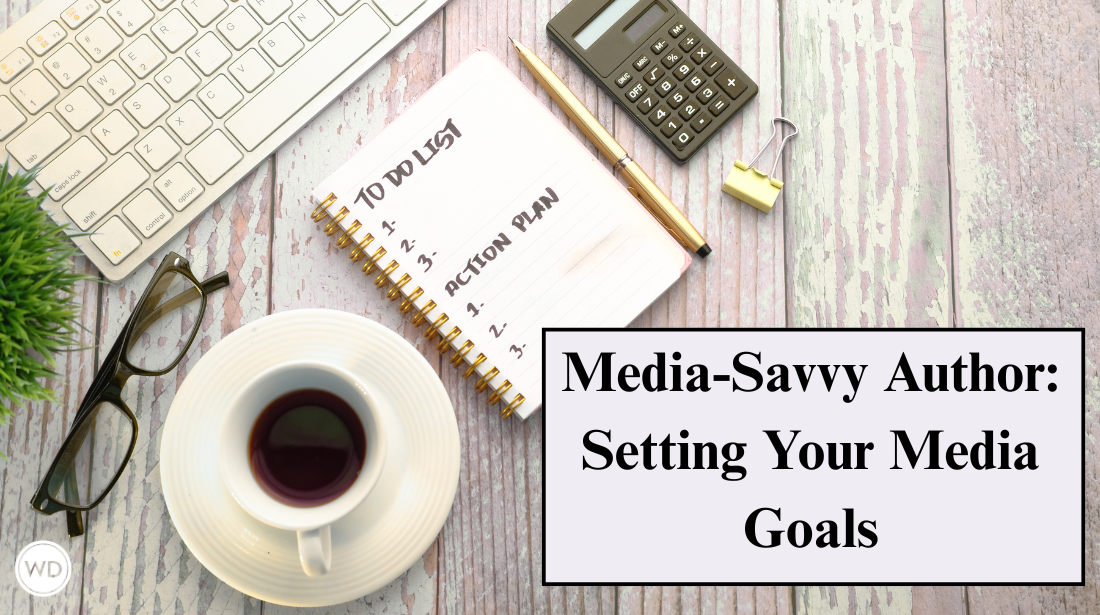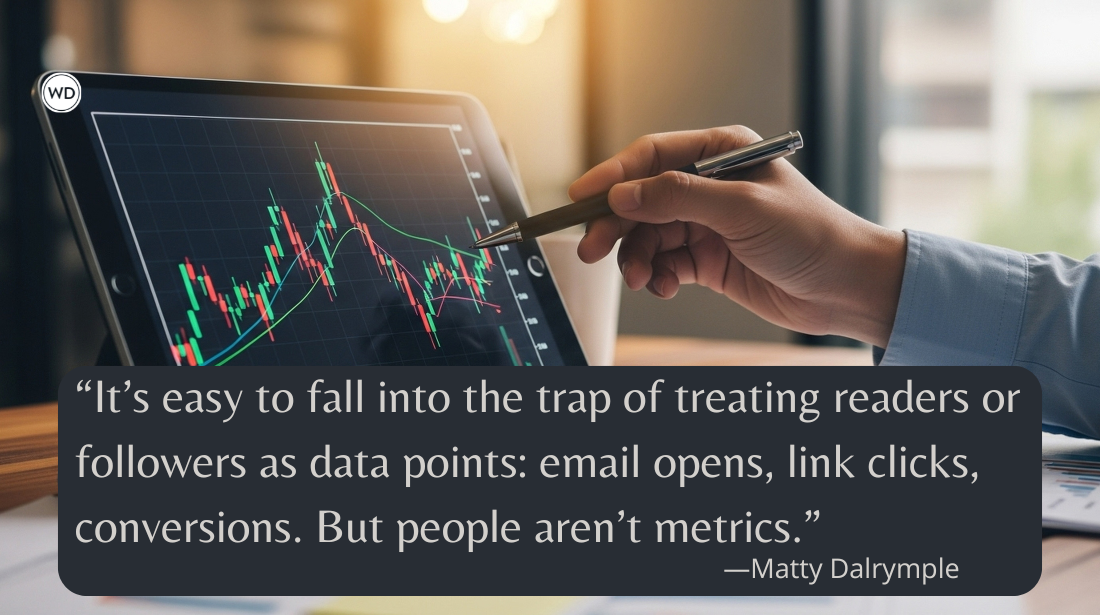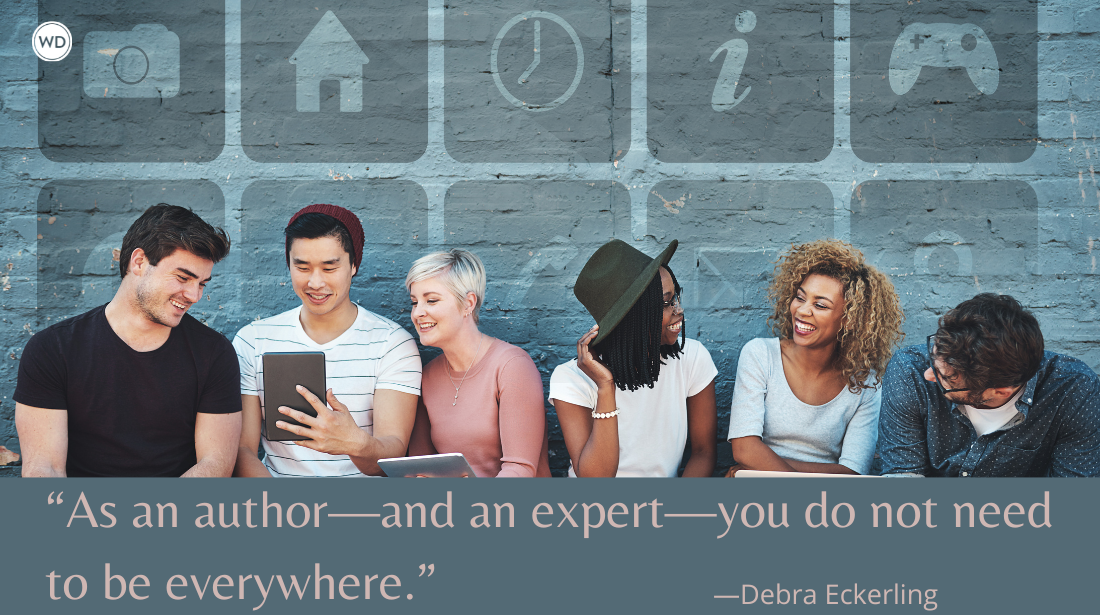Who’s Listening to You? (AWP Thoughts)
While delivering a session at the Writer’s Digest Conference (read this very kind & generous recap from George Davis!), I mentioned a few ways that writers can waste their time:…
While delivering a session at the Writer's Digest Conference (read this very kind & generous recap from George Davis!), I mentioned a few ways that writers can waste their time:
- By not submitting your best work to commercial publishers or agents
- By publishing your work digitally when your audience wants print (or vice versa)
- By self-publishing when no one is listening
Since that weekend, I've been digging deeper into these ideas, and am developing an article for Writer's Digest on when and how revise your publication strategy.
And now, being at AWP, many other ideas are bubbling to the surface. Here are a few thoughts sticking in my mind that I'll address soon (in one venue or another!):
- Traditionally, a significant obstacle for literary publishing has been the cost of print publication. Digital tech now changes that dramatically and offers advantages—for emerging writers to get their start, and for established
writers to experiment with things they haven't done before. Yet even for the literary world, everyone is still trying to figure out where the revenue with digital is. I do wonder if we might be entering an era when we can't expect to find revenue with certain types of work/publications—or at certain stages of authors' careers.
In a recent interview, Francis Ford Coppola said, "You have to remember that
it’s only a few hundred years, if that much, that artists are working
with money. Artists never got money. Artists had a patron … as we
enter into a new age, maybe art will be free. … Who says artists have to make money?"
- Technology now allows for affordable & amazing multimedia collaborations, and it takes us back to roots of oral storytelling, and literature's relationship with oral storytelling.Many people in publishing are getting very excited about this kind of innovation. And I've been offering exhortations here on this blog (and at events): Experiment. Think beyond the book. Stop seeing the book as the end-all, be-all. It's one facet of a career, not the goal.But I've also realized I have to be more measured in my advice. Maybe it's not OK to jump right in. Maybe it's best to know (at least) what you want to say—as Christina Katz would advise!—and to ask: Who is listening here? Or how will I connect with the people who will listen?It's OK to experiment. But be honest with yourself about what you envision happening once you've finished the experiment. Where do you want, expect, or hope to be? Just because you used a new tool, or thought outside the box, doesn't mean the readers will come.
(Pictured above: Nath Jones & me at AWP!)
Jane Friedman is a full-time entrepreneur (since 2014) and has 20 years of experience in the publishing industry. She is the co-founder of The Hot Sheet, the essential publishing industry newsletter for authors, and is the former publisher of Writer’s Digest. In addition to being a columnist with Publishers Weekly and a professor with The Great Courses, Jane maintains an award-winning blog for writers at JaneFriedman.com. Jane’s newest book is The Business of Being a Writer (University of Chicago Press, 2018).




